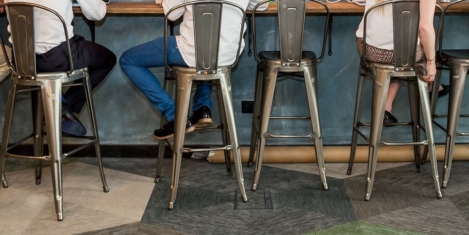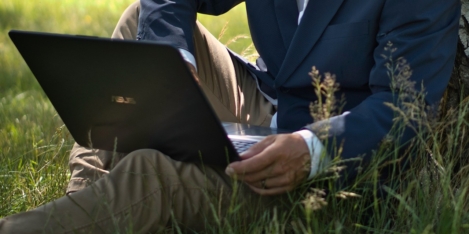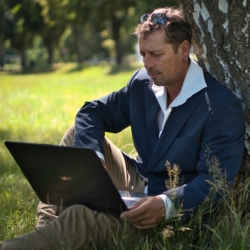To provide the best experiences, we use technologies like cookies to store and/or access device information. Consenting to these technologies will allow us to process data such as browsing behaviour or unique IDs on this site. Not consenting or withdrawing consent, may adversely affect certain features and functions.
The technical storage or access is strictly necessary for the legitimate purpose of enabling the use of a specific service explicitly requested by the subscriber or user, or for the sole purpose of carrying out the transmission of a communication over an electronic communications network.
The technical storage or access is necessary for the legitimate purpose of storing preferences that are not requested by the subscriber or user.
The technical storage or access that is used exclusively for statistical purposes.
The technical storage or access that is used exclusively for anonymous statistical purposes. Without a subpoena, voluntary compliance on the part of your Internet Service Provider, or additional records from a third party, information stored or retrieved for this purpose alone cannot usually be used to identify you.
The technical storage or access is required to create user profiles to send advertising, or to track the user on a website or across several websites for similar marketing purposes.
 New independent polling commissioned by the British Council for Offices (BCO), suggests that, once Government measures allow, Britain is set to move to a ‘mixed’ working style, with time in the office balanced with time at home. The survey, which polled over 2,000 office workers nationwide, took place prior to new Government measures and found an appetite to get back to the office. (more…)
New independent polling commissioned by the British Council for Offices (BCO), suggests that, once Government measures allow, Britain is set to move to a ‘mixed’ working style, with time in the office balanced with time at home. The survey, which polled over 2,000 office workers nationwide, took place prior to new Government measures and found an appetite to get back to the office. (more…)












 A new survey by UK job board
A new survey by UK job board 
 Covid-19 has changed the profile of today’s jobseekers and as such, an organisation’s purpose is valued more than ever suggests new research from the recruitment agency
Covid-19 has changed the profile of today’s jobseekers and as such, an organisation’s purpose is valued more than ever suggests new research from the recruitment agency 


 Supported by its Green Building Councils and their members, the
Supported by its Green Building Councils and their members, the 
















August 18, 2020
The challenge for the office is to stay relevant
by Ben Capper • Comment, Workplace design